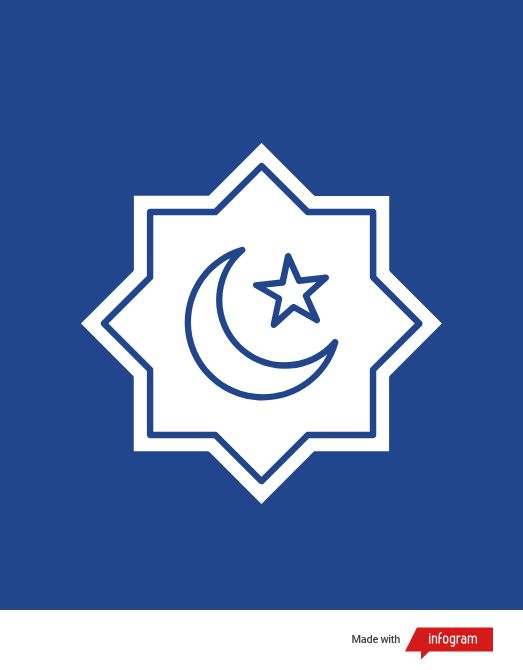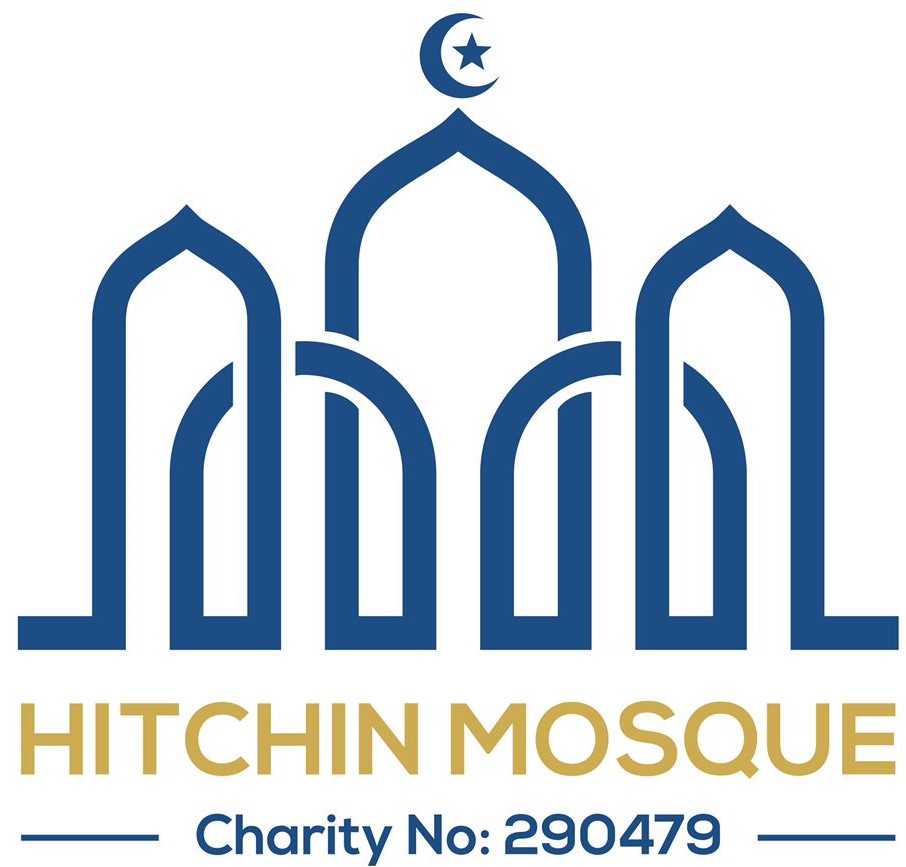- Hitchin
- Call Us: 01462 456478
- Email:info@hitchinmosque.org

Islam: An Overview
Islam is the second followed religion globally, with an estimated 1.9 billion followers. Islam followers are termed as Muslims. Islam emerged in the 7th century in Hijaz, the western Arabian Peninsula region. It was introduced by Prophet Muhammad, who was the last Prophet after Moses and Jesus in the Islamic faith. In Islam, a prophet means Allah’s (God’s) messenger.
The terms Islam and Muslim come from an Arabic word meaning submission. Therefore, a Muslim is a follower of the Islam religion and means a person who accepts and obeys God’s will. Muslims are found across the world. A worldwide community of Muslims is referred to as Ummah.
Muslims believe in one God and are thus monotheistic. The term used to refer to God in Islam is Allah. Allah is believed to be the creator of everything, and he has 99 names that describe his attributes. In addition, Muslims have an Islamic holy book called the Quran with 114 chapters and more than 6000 verses. The Quran is written in Arabic, and it mainly contains a collection of messages/revelations from God (Allah). These revelations were delivered to Prophet Muhammad through the angel Gabriel. Apart from the Quran, Muslims have sacred narratives known as Hadith. Hadith are usually short, and they contain information revolving around the life of Prophet Muhammad and his companions.
Who is Muhammad?
Muhammad was born in Makkah in the year 570 AD, at a time when Christianity was not yet fully established in Europe. Since his father died before his birth, and his mother shortly afterwards, he was raised by his uncle from the respected tribe of Quraysh. As he grew up, he became known for his truthfulness, generosity and sincerity, so he was sought after for his ability to arbitrate in disputes. The historians describe him as calm and meditative.
Muhammad was of a deeply religious nature, and had long detested the decadence of his society. It became his habit to meditate from time to time in the Cave of Hira near the summit of Jabal al-Nur, the ‘Mountain of Light’ near Makkah.
How did he Become a Prophet and a Messenger of God?
At the age of 40, while engaged in a meditative retreat, Muhammad received his first revelation from God through the Angel Gabriel. This revelation, which continued for twenty-three years, is known as the Qur’an.
As soon as he began to recite the words he heard from Gabriel, and to preach the truth which God had revealed to him, he and his small group of followers suffered bitter persecution which grew so fierce that in the year 622 AD God gave them the command to emigrate. This event, the Hijra, ‘migration’, in which they left Makkah for the city of Madinah some 260 miles to the north, marks the beginning of the Muslim calendar.
After several years, the Prophet and his followers could return to Makkah, where they forgave their enemies and established Islam definitively. Before the Prophet died at the age of 63, the greater part of Arabia was Muslim, and within a century of his death, Islam had spread to Spain in the west and as far east as China.
What is the Quran?
The Qur’an is a record of the exact words revealed by God through the Angel Gabriel to the Prophet Muhammad. It was memorised by Muhammad and then dictated to his Companions, and written down by scribes, who cross-checked it during his lifetime. Not one word of its 114 chapters, Surahs, has been changed over the centuries so that the Qur’an is in every detail the unique and miraculous text which was revealed to Muhammad fourteen centuries ago.
What is the Quran about?
The Qur’an, the last revealed word of God, is the prime source of every Muslim’s faith and practice. It deals with all the subjects which concern us as human beings: wisdom, doctrine, worship, and law, but its basic theme is the relationship between God and His creatures. At the same time, it provides guidelines for a just society, proper human conduct and an equitable economic system.
Are there any other sources?
Yes, the Sunnah, the practice and example of the Prophet, is the second authority for Muslims. A Hadith is a reliably transmitted report of what the Prophet said, did, or approved. Belief in the Sunnah is part of the Islamic faith.
Foundations of Faith – 5 Pillars of Islam
Islam has five pillars that are required to be followed by each Muslim. They form the basis of Muslim life, and in addition to worship, help a Muslim to attain salvation.
The first pillar is witnessing, also known as the shahada. This means that one must witness their belief in one God (Allah), and Muhammed as his last Prophet sent to mankind. Anyone who converts to Islam must recite this shahada. Shahada is also recited when offering prayers. It should also be the last statement a Muslim must say while dying.
The second pillar is prayers. Prayers are usually offered five times a day, and they contain some verses from the Quran. The prayers are offered to face the direction of the Great Mosque (al-Masjid al-Haram) in Mecca. The prayers are offered at different times, i.e., at dawn, midday, late afternoon, sunset, and nightfall. A collection of these five prayers is known as al-Salat/Salat/Salah.
The third pillar is almsgiving, also known as zakat. Muslims have to offer a yearly tithe to religious officials or representatives in their Islamic state. This tithe can help the less privileged in society, help wayfarers, relieve debtors, and encourage Islam conversion.
The fourth pillar is fasting, also known as sawm or Siyam Ramadan. Muslims are expected to fast during the ninth month of the Islamic lunar calendar, Ramadan. Fasting includes abstaining from food, sex, drinks, and some vices such as backbiting during the fasting hours. In addition, fasting plays a role as a purification act and a declaration of ethical awareness.
The fifth pillar is the pilgrimage to Mecca, also known as Hajj. If able, a Muslim is expected to visit Mecca at least once in their lifetime to perform certain rites. This happens during the first ten days of the twelfth month of the Islamic calendar, known as Dhul Hijjah.
There is also a special place on one of the walls that indicate the direction to face while offering prayers known as a mihrab (niche). The direction of prayers is known as qibla. A mosque also has a slender tower known as a minaret, where a person calls people for prayers.
Hitchin Mosque Copyright 2022 - All Rights Reserved
